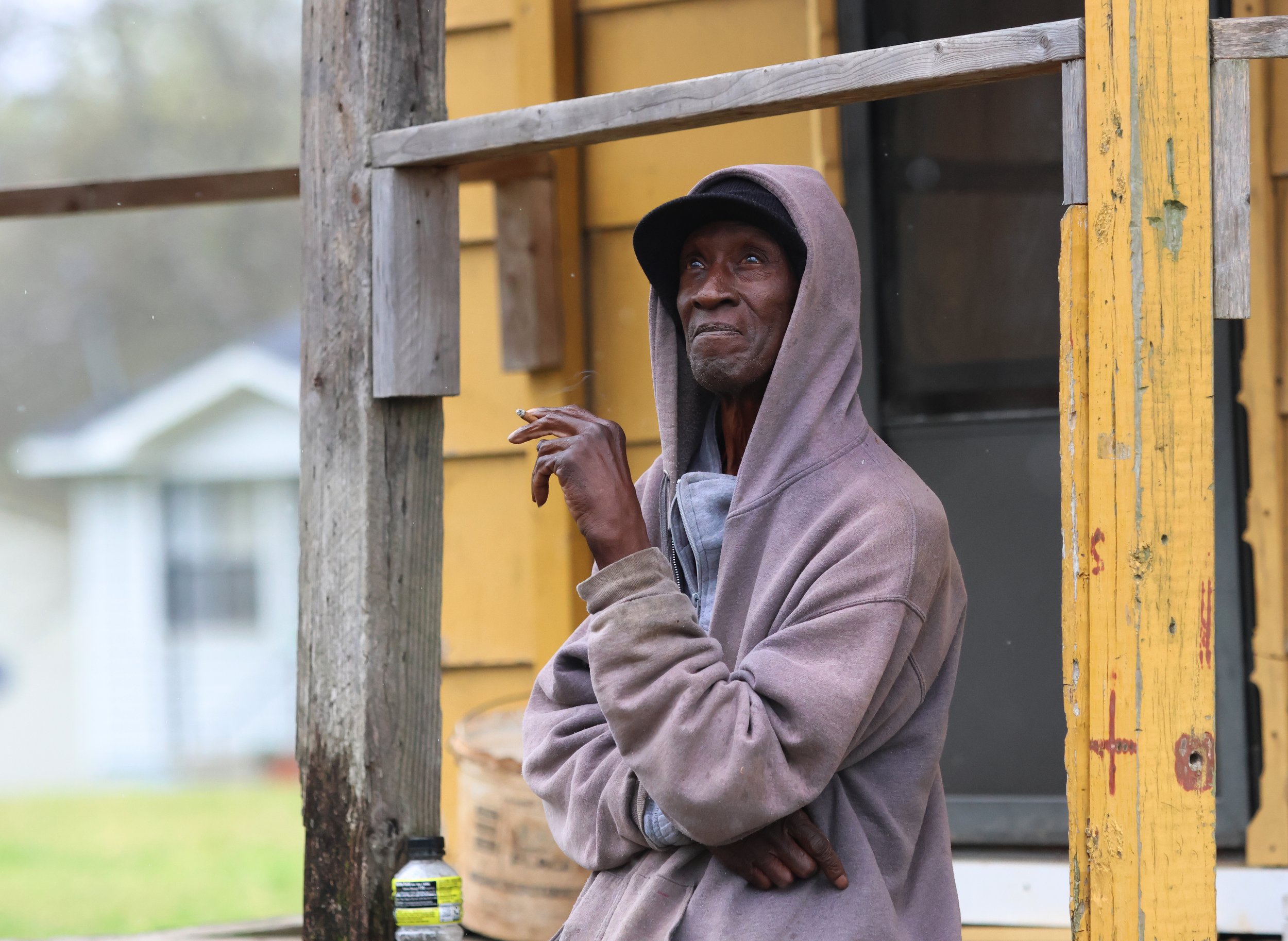ABIDE
photo by Navya Shukla
ABIDE
by third year Rachel Waters
ABIDE: verb
be able to tolerate
continue without fading or being lost
live; dwell
ABIDE: TOLERATE
Where do you go when time feels wrong? When the world becomes too loud, too demanding, too eager, all encompassing - pushing, pulling, always expecting more, where do you escape to?
I’ve thought about this tirelessly, notably in the wake of my professor asking me a peculiar question in an air-conditioned, slightly mildewed classroom in Leconte Hall: “What do you think goes through a condemned man’s mind awaiting his execution? Second by second, what does he experience while he anticipates action in stillness?” It felt heavy; the weight of this question. Even in significantly less severe circumstances, I find myself familiar with those moments. The fuzzy in-betweens of eerie stillness before life demands of me a novel task, an unfamiliar obstacle to endure, or a fresh, daunting goal to be confronted. During the in-betweens, the constant movement of our life ceases: still for a split second, before we are inevitably tossed back into the spotlight of expectations and go. go. go. “At least while you’re still young and alive and able,” they say. How, dear reader, do we tolerate it, how do we abide?
ABIDE: LOST
I feel utterly lost. While sitting absentminded on the crowded Central Loop bus, showering blankly under scorching water, or mindlessly walking through the humid November air on my nightly walk home, sweat sticking to my skin. Time is on pause; nothing is expected, yet my mind is blank, my feelings are numb. These moments feel long, unremarkable. But they are also fleeting intervals, gone in a blink, unused and disregarded. I’m not sure how I can feel stuck inside the in-between and simultaneously crave the nothingness they bring. How do I make these moments continue without feeling faded and numb, how can I make these moments abide?
ABIDE: LIVE
Because, trust me, dear reader, life continues. Suffering continues. But in these brief intervals, time does not exist. These moments do not have to preordain a tragic conclusion: such as an execution. Time is yours to tolerate, to become lost in, but also to find a home—a shelter—and place to abide in. It is yours, no one else’s. So: look up, become conscious, what do you see? Sit on your creaked, wooden porch step—lay in the dewy front lawn—press your body up against the peeled and cracked railing. How do those clouds above your head look today? Do they feel heavy, disillusioned in gray, are they defensive bombs about to fall down on you, or do they shimmer with an ethereal glitter that feels like it could persist eternally? Does it all simply evaporate, lost and faded away in your mind? Or is it a newfound awareness: it is enough to exist in this stillness.
So, where do you go when time feels wrong? When the world becomes too loud, too demanding, too eager, all encompassing - pushing, pulling, always expecting more, where do you escape to?
Go to the quiet, the motionlessness—those diminutive moments that feel as if time ceases. To be still is not to be solemn. Immerse yourself in the void.

